Proper Post-Op Nutrition

Be Sure To Eat!
This may sound obvious, but don’t forget to eat. Depending on the location of your surgery, eating may become painful or inconvenient— while an impromptu diet may sound appealing, now is not the time to swear off food. Your body vitally requires nourishment when it is in a state of self-repair, and denying your system important nutrients could carry harmful consequences. If suffering from nausea, stick to simpler meals that are easier to keep down. If eating proves painful or uncomfortable but otherwise digestible, opt for calorically denser foods. If you can only handle ten bites per meal, make sure that your body is getting the most out of each bite.
Fiber
High-fiber foods help stabilize your digestive processes, and reduce the risk of constipation, a relatively common side effect of surgery. Popular foods include whole grain breads, fruit, vegetables, beans, and certain fiber-rich cereals. If concerned about constipation, avoid dehydrated or processed foods, dairy products, red meats, and sweets.
Protein
After surgery, muscle tissue is damaged and in need of repair. Adequate protein intake helps your system rebuild these body tissues. Vegetarians and vegans should seek protein through almonds, tofu, tempeh, and seitan. Those with carnivorous inclinations should avoid red meats due to saturated fat levels, instead opting for lean meats such as chicken, pork, and seafood.
Vitamin A
Adequate Vitamin A intake promotes epithelial and bone formation, as well as boosts general immune function. For high vitamin concentrations, try leafy greens such as kale and spinach. Other viable sources include yams, carrots, squash, and bell peppers. Vitamin A is fat soluble, meaning that it must be consumed with fat for optimal absorption, so considering preparing your cooked kale with a serving of extra virgin olive oil.
Vitamin C
Collagen regeneration is required to restore structural proteins in the skin, a vital element of recovery after facial surgery. In addition to boosting collagen formation, Vitamin C promotes immune function, and acts as a tissue antioxidant, blocking the harmful effects of free radicals in your system. The vitamin is water soluble and requires a continuous supply, as residual amounts of Vitamin C are expelled from the body in our urine. Vitamin C rich foods include citrus fruits, kiwi, mango, broccoli, and potatoes.
Drink Plenty of Water
Proper hydration is vitally important to daily nutrition, infinitely more so when recovering from surgery. Adequate water consumption flushes impurities (including surgery drugs) out of your system, stabilizes your metabolism, reduces joint pain, and helps combat fatigue. Leading up to your surgery date, increase your water consumption to 8-10 glasses of water per day, and gradually work your way back up to that intake rate after the procedure.
Consider Vitamin Supplements
For those concerned about adequate post-op nutrition, vitamin supplements are available and worth considering. Speak to a specialist to determine which, if any, supplements are right for you and your recovery plan. If you are taking any special medications, be sure to ask your doctor if any foods are off-limits while you recover.
For comprehensive post-surgery advice, including a nutritional consultation, book an appointment with Dr. Philip Miller. A recognized NYC facial plastic surgery specialist, Dr. Miller has been voted among the Best Doctors in America each year since 2007. His office, located at 60 East 56th Street in New York City, can be reached by phone at (646) 791-3025.
Next, find out Which Laser Treatment is Right for You
Settle for Nothing But the Best Facial Plastic Surgery
Facial Plastic Surgery
Dr. Philip Miller and his team of New York's top rated facial plastic surgery experts provide custom cosmetic treatment plans that include a combination of minimally-invasive techniques and advanced procedures, to help each patient achieve the Aesthetic Confidence® they desire. Our unique NatraFace™ approach to facial rejuvenation includes the following effective procedures:
Eyelid Plastic Surgery
Dr. Miller provides patients with Manhattan's #1 customized care and treatment for smooth, supple skin that brightens the eyes and revitalizes the face. With our NatraFace™ approach, we utilize a combination of effective aesthetic techniques tailored to suit each patient’s needs. We offer:
Rhinoplasty (Nose Jobs)
Dr. Miller and his staff of NYC's best aesthetic specialists offer the NatraNose® process, which is a comprehensive range of minimally-invasive and advanced techniques to achieve natural-looking rhinoplasty results, improve nasal function, and meet the patient’s aesthetic goals. Dr. Miller specializes in nose jobs, nose reductions, non-surgical nose jobs, and more: Adjust the links in these sections as follows:
Skin Care Treatments
Widely acclaimed for our broad range of flawless skincare solutions, Philip J. Miller, MD, FACS and his team of aesthetic specialists offer customized skincare treatment plans to achieve healthy, natural-looking results. As part of our NatraLook™ process, the following procedures may be performed individually or in combination with more advanced surgical treatments for optimal rejuvenation.
Male Plastic Surgery
Philip J. Miller, MD, FACS, is a double board-certified facial plastic surgeon with over 20 years of experience working with male and female patients. He specializes in facial plastic surgery and is recognized as an expert in facial rejuvenation procedures. Utilizing the most advanced surgical techniques, Dr. Miller can maintain or enhance masculine features while producing the most natural-looking results.
Aesthetic Confidence®






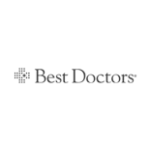
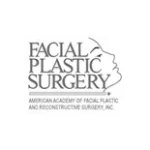


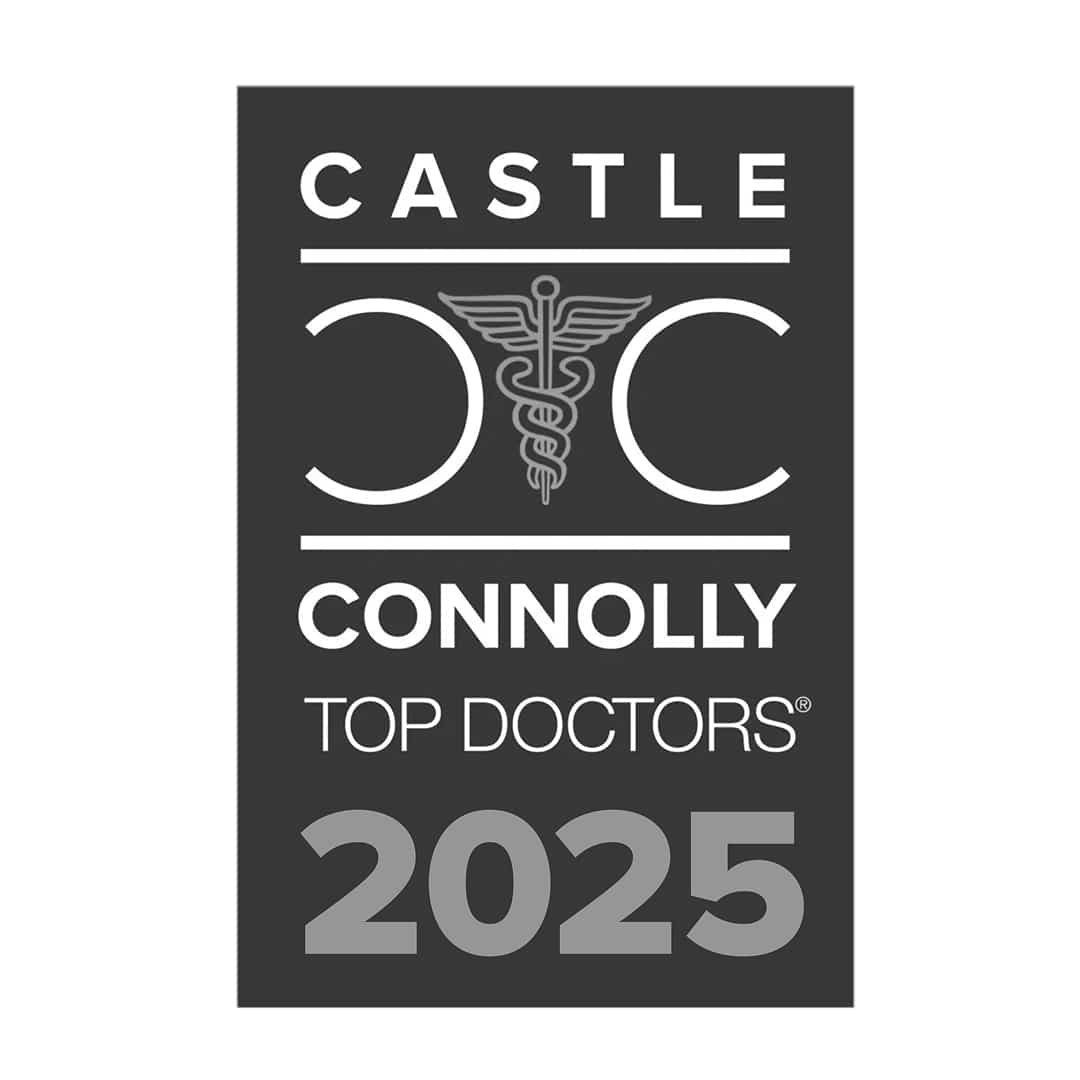

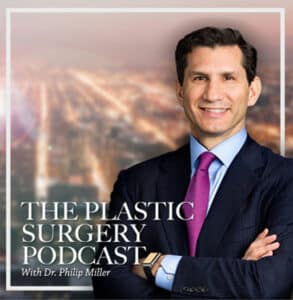
The Plastic Surgery Podcast with Dr. Philip Miller
Tune into The Plastic Surgery Podcast, hosted by facial plastic surgeon Dr. Philip Miller. Dr. Miller is here to answer your questions, de-mystify plastic surgery, and help you feel more knowledgeable and empowered about any procedure performed at our center.
-


Episode 44: My First Time
8 min -


Episode 43: Top 10 Reasons Not To Get A Rhinoplasty ( Plastic Surgery)
20 min -


Episode 42 : Osteomas & Lipomas
11 min -


Episode 41: All Ears Considered!
8 min -


Episode 40: Infrared Light Therapy
6 min -


Episode 39: Beauty, the Plateau
6 min -


Episode 38: Botox and Dermal Fillers
3 min -


Episode 37: Cost of Rhinoplasty
1 min -


Episode 36: Different Types of Nasal Surgeries
3 min -


Episode 35: Do You Have to Break the Nose for Rhinoplasty?
2 min -


Episode 34: Do You Have to Stay Overnight After Having a Rhinoplasty?
2 min -


Episode 33: Don't Have a Rhinoplasty!
2 min -


Episode 32: Endonasal or External
1 min -


Episode 31: Are You a Candidate?
2 min -


Episode 30: In The Office
17 min -


Episode 29: Can My Nose be Made Smaller?
4 min -


Episode 28: Can't Breath Through Nose
3 min -


Episode 27: Chin Implants - Mentoplasty
2 min -


Episode 26: Columellar Struts
23 sec -


Episode 25: Common Terms
5 min -


Episode 24: Connection Between Facial Resurfacing and Tattooing
5 min -


Episode 23: The Sooner, The Better?
4 min
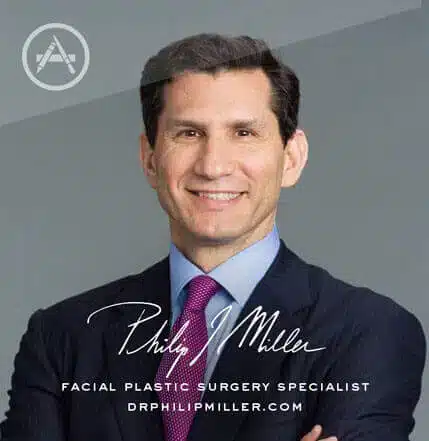
Plastic Surgery w/ Dr. Miller
If you’re thinking about getting a lift, nip, or tuck, this app is for you. It’s the most comprehensive pocket encyclopedia of plastic surgery terms, before and after photos, and visualization tools to help you really know what to expect from a procedure, including seeing potential results on your own photo. This app is only available on the App Store for iOS devices.
View in App Store




